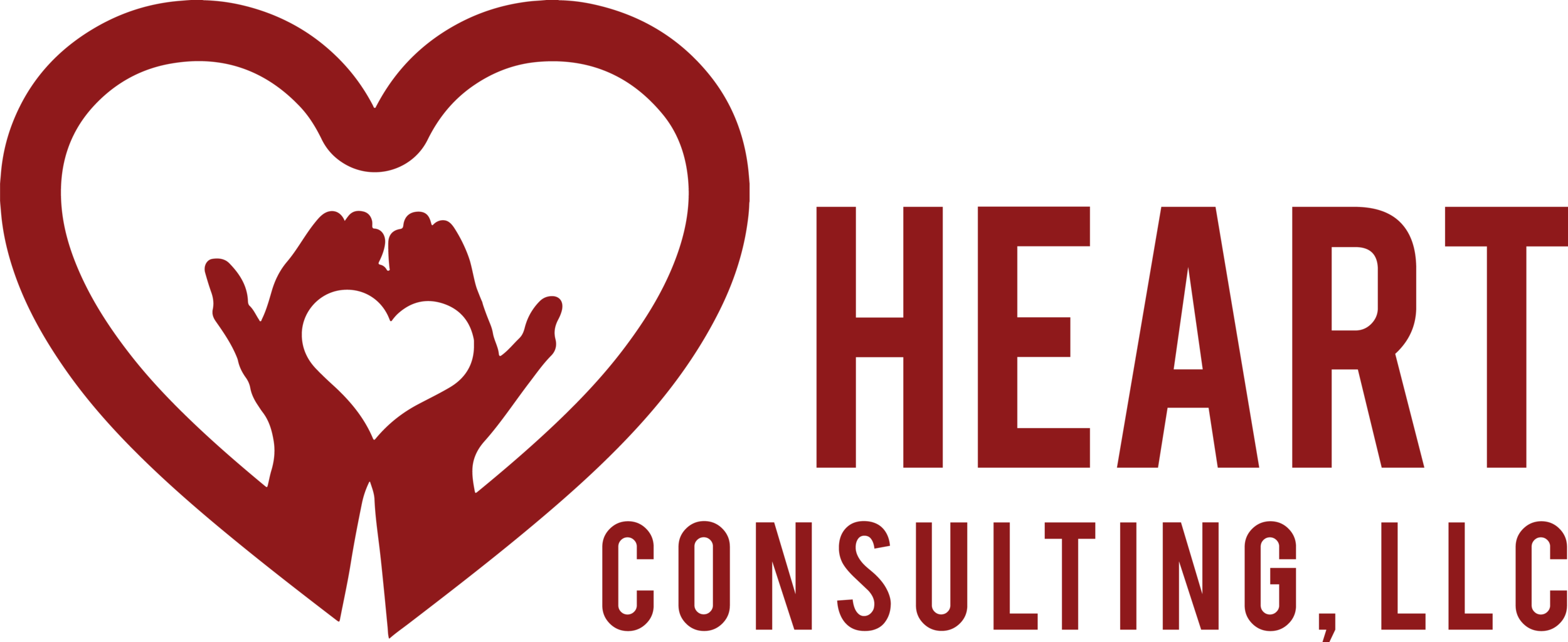From #MeToo to #CanDo
Trigger Warning: This blog, and the page it links to, contains information about sexual assault and/or violence, which may be triggering for some people.
During Sexual Assault Awareness Month, we aim to raise awareness about the prevalence of a very important issue, but we also hope to show our support for survivors of sexual violence. According to RAINN, a sexual assault occurs every 73 seconds in the US; every 9 minutes, that victim is a child. These numbers are alarming, but they aren’t meant to create fear. Instead, take a moment to realize that it’s very likely that someone in your life (family, friends, coworkers, etc.) is a survivor. Learning more about this issue, how to respond to it, and how to fight against it, will impact survivors everywhere.
What to do if someone discloses to you:
Thank the survivor for trusting you and sharing with you.
Sharing about a traumatic experience can be just as traumatizing as the experience itself. Let the person share at their own pace, providing as many or as few details as they’re comfortable with. Don’t ask any leading questions, specific details, or timelines. It’s not your job to investigate; instead choose to validate their feelings.
Remind the survivor, “this isn’t your fault,” and “you didn’t deserve this.”
Regardless of what someone was wearing, what they had been drinking, or where they were, no one deserves to be assaulted. Sexual violence isn’t rooted in sexual desire, it’s about power and control over another person. Remember who is really to blame - the perpetrator. Survivors often blame themselves, and it’s your job to remind them that they were not at fault.
Ask the survivor what you can do to help them feel supported.
While it’s natural to want to help, we have to take a step back and listen to what the survivor wants. Police reports don’t always lead to convictions. Rape kits can be even more traumatizing than the original experience. Give the person the power that was taken from them.
Stay mindful of your body language, tone of voice, and facial expressions.
During a disclosure, we may hear things that we aren’t ready for. If you’re uncomfortable, think about how the survivor must feel. Do your best to keep a calm demeanor. Responding with anger or disgust can make the survivor feel like they were wrong for choosing you. Remember that you are the person they trust most. Put your feelings aside, while you take care of them.
And here is what you can do to raise awareness, prevent sexual assault, and empower survivors:
Teach about consent.
Start these conversations early and remember, consent isn’t just about sex. Teach children that all touch requires consent, which can be revoked or reversed at any time. Model consent in all relationships, with children, family members, and partners.
Stop victim-blaming.
When we focus on the actions of the victim, we’re saying that the perpetrator is no longer at fault. Clothing, alcohol, location...none of those things lead to an assault. One person choosing to disregard the rights of another - that’s the real problem.
Don’t laugh.
Rape jokes aren’t funny. No matter who is making them, where they’re being said, who hears them. Statistically, most people you come into contact with will know someone who has experienced sexual violence. Stop laughing at their trauma.
Be an active bystander.
If someone in your circle of friends or a family member makes jokes, or victim-blaming statements, call them out. It can be as simple as, “what you’re saying makes me uncomfortable.” Start challenging rape culture and educate others about the issue.
Broaden your perspective.
Anyone can experience sexual violence, regardless of gender, age, or sexuality. If a grown man tells you he’s been assaulted, believe him. If a child tells you they’ve been violated, believe them. If a teenage girl shares that she’s been raped, believe her. Every survivor deserves our support.
April is not the only time to be practicing the fight against rape culture. It is a constant awareness that we all need to have, because any form of sexual violence, against any person, is not acceptable and we cannot settle for anything less than zero sexual violence in our communities.
Jordann Mason, Community Outreach Director.
